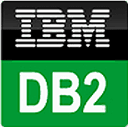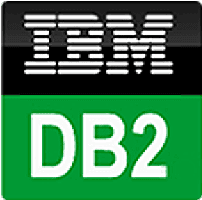Easily integrate Python SDK with IBM DB2 Data Warehouse using RudderStack
RudderStack’s open source Python SDK integration allows you to integrate RudderStack with your undefined to track event data and automatically send it to IBM DB2 Data Warehouse. With the RudderStack Python SDK integration, you do not have to worry about having to learn, test, implement or deal with changes in a new API and multiple endpoints every time someone asks for a new integration.
Popular ways to use IBM DB2 Data Warehouse and RudderStack
Automatic schema creation
Simplify your workflow with predefined schemas, automatically created for you in your IBM DB2 Data Warehouse warehouse.
Sync data faster
Leverage best in class sync times and load data to IBM DB2 Data Warehouse every 30 minutes (or even faster!).
Customize data loads
Customize data and loads for IBM DB2 Data Warehouse across multiple databases and schemas.
FAQs
How do you integrate your Python app with IBM DB2 Data Warehouse?
Is it expensive to integrate Python SDK with IBM DB2 Data Warehouse?
How long does it take to integrate Python SDK with IBM DB2 Data Warehouse?
Do more with integration combinations
RudderStack empowers you to work with all of your data sources and destinations inside of a single app


Python SDK + Salesforce Marketing Cloud


Node.js SDK + IBM DB2 Data Warehouse


Python SDK + Mailchimp


PHP SDK + IBM DB2 Data Warehouse


Python SDK + Elevio


Flutter SDK + IBM DB2 Data Warehouse


Python SDK + Azure Blob Storage


Java SDK + IBM DB2 Data Warehouse


Python SDK + MoEngage


Gatsby + IBM DB2 Data Warehouse


Python SDK + Trengo


JavaScript SDK + IBM DB2 Data Warehouse
